Spring has most certainly been eventful. Much like the flowers bursting forth, the crypto ecosystem also appears to be undergoing changes. And like all periods of transition, this one has not been without its growing pains. While these months are known to fluctuate between warm and cool temperatures, recent developments in the crypto regulatory landscapes of Europe and the United States have been similarly discordant. Despite the European Union voting to adopt a progressive legal framework to regulate the crypto ecosystem, the United States remains divided on its own posture towards the digital asset class.
Markets in Crypto Assets (MiCA), which passed the EU legislature this month, provides guardrails and much needed clarity for users participating at every level of the ecosystem. Not only will crypto companies have a better grasp on what’s expected from regulators, but checkpoints for projects and participants will help promote greater systemic protection. Across the Atlantic, U.S.-based companies and regulators continue to grapple in the courts and through a series of penalties and notices, without a clear consensus. While each event listed below will no doubt add context, it’s clear a much larger conversation is needed.
Amidst this backdrop, the crypto ecosystem has continued to show resilience in the face of regulatory whiplash and uncertainty in the banking sector. CEX.IO’s Q1 2023 industry report COMPASS: Exploring Emerging Layers Within the Crypto Ecosystem examines how Layer 2 (L2) solutions are working to augment Bitcoin and Ethereum functionality. In fact, Ethereum’s recent Shapella upgrade added another notch to the legacy network’s belt, by delivering on the promise made after the Merge to enable liquid staking withdrawals. Plus, Zilliqa launched EVM compatibility, Solana is getting into the smartphone business, and Filecoin announced the launch of new decentralized web services.
On the homefront, CEX.IO received a series of positive reviews, rankings, and award nominations from a variety of outlets. CCData, formerly CryptoCompare, recognized us with an “A” rating in the Exchange Benchmark report, after we showed marked improvement across key categories. Digital Asset Research also determined once again that we’re a “Vetted Exchange,” in their April report. And for the second year in a row, CEX.IO was shortlisted for “Best Exchange” and “Best Exchange – Innovation” by the Hedgeweek European Digital Assets Awards.
Explore our April listings, company announcements, and crypto industry highlights via the links below.
Table of contents
- PREMA (PRMX) listing
- Exchange Plus adds 200+ listings
- Crypto trading functionality moves to Exchange Plus
- CEX.IO shortlisted twice by Hedgeweek
- Q1 2023 COMPASS report peels back the layers
- Digital Asset Research names CEX.IO “Vetted Exchange”
- CEX.IO earns “A” rating from CCData
- U.S. Treasury publishes first DeFi report
- MakerDAO “Endgame tokenomics” draws comparisons to Terra
- Gemini’s Winklevoss twins lent $100 million to their own platform
- Ethereum completes Shapella upgrade stabilization
- Solana smartphone Saga out May 8
- Crypto exchange Bitrue hacked
- U.S. introduces new draft bill for stablecoins
- Unknown draining attack purges $10.5 million
- Bittrex Global receives Wells Notice
- EU approves MiCA regulation
- Yuga Labs wins summary judgment against Ryder Ripps
- Trust Wallet users lose $170,000
- Coinbase files lawsuit against the SEC
- Zilliqa launched EVM compatibility on the mainnet
- Filecoin Web Services hits the market
- FDIC alleges Cross River Bank using “unsafe” practices
New coin listings
PREMA (PRMX) listing
PREMA (PRMX) is the native token for the PREMA X platform, an NFT marketplace that provides multi-chain interoperability to track asset usage and enable sales across related networks.
CEX.IO users can deposit, withdraw, and trade PRMX securely and effortlessly. However, PRMX is currently unavailable to users in the U.S. and Canada.
Exchange Plus adds 200+ listings
We’ve added 200+ fiat-to-crypto, and crypto-to-fiat pairs to Exchange Plus, officially closing the gap between our current and legacy offerings. But now, participants can apply new tools and capabilities to enhance the trading experience.
Click the link below to view our updated listings, and explore the terminal.
Company announcements
Crypto trading functionality moves to Exchange Plus
Starting Monday, May 8, all trading activities on our website and in the CEX.IO Exchange App will transition to our new award-winning platform, Exchange Plus. Featuring expanded functionality and deeper liquidity, traders are better equipped to meet their goals, and accommodate a changing risk appetite.
API traders can choose Exchange Plus or continue to use our legacy Exchange for their operations.
Learn more about the migration here.
CEX.IO shortlisted twice by Hedgeweek
For the second year in a row, CEX.IO has been shortlisted in two categories by the Hedgeweek European Digital Assets Awards. With 2023 nominations for “Best Exchange” and “Best Exchange – Innovation,” the final decision will be put to a public vote by fellow industry participants. After receiving the title of “Best Exchange” at last year’s Awards, we’re hoping for a repeat performance, and the opportunity to add “Best Exchange – Innovation” to our trophy cabinet.
If you haven’t already, cast your ballot by May 15 at the link below, and help us bring these awards home.
Q1 2023 COMPASS report peels back the layers
For our latest COMPASS report, CEX.IO’s Market Research Team examines how Layer 2 (L2) solutions are working to refine Bitcoin and Etherum’s core functionality to augment the user experience. The report reveals how the addition of L2 chains Arbitrum and Optimism to the Ethereum network have improved efficiency and cut congestion.&
Not to be outdone, Bitcoin’s embrace of Ordinals is helping the legacy asset enter the NFT space, and sparking a new wave of development to serve growing demand. Plus, the Team crunches the numbers behind liquid staking to illustrate how greater interest in these services is reflected across the digital asset space.
Read our Q1 2023 report, COMPASS: Exploring Emerging Layers Within the Crypto Ecosystem, in full here.
Digital Asset Research names CEX.IO “Vetted Exchange”&
On April 12, leading arbiter of crypto and exchange health, Digital Asset Research, once again listed CEX.IO as a “Vetted Exchange” in its April 2023 Crypto Exchange Vetting Results. This quarterly review evaluates on-chain information through quantitative and qualitative means to provide impartial clarity on the potential risks clients could face transacting in the digital asset space.
Read DAR’s full Exchange Vetting Methodology here.
CEX.IO earns “A” rating from CCData
On April 19, reputable ranking and market research outlet CCData, formerly CryptoCompare, gave CEX.IO another “A” rating in their recent Exchange Benchmark report. Since the company’s last inclusion, CEX.IO saw marked improvement in categories such as Legal/Regulation, Security, and Market Quality, and another perfect score for KYC/Transaction Risk prevention.
Explore our ranking in full here.
Crypto industry news
U.S. Treasury publishes first DeFi report
On April 6, The U.S. Department of the Treasury published its first report providing a risk assessment of decentralized finance, and the digital asset space. After parsing its findings, Reuters provided a summary of the reports findings on April 14, and highlighted its intent as a message to the private sector.
This correlates with other efforts by various arms of the United States government to tacitly influence the health of the crypto market. According to recent reporting from Blockworks, The Securities and Exchange Commission is on track to eclipse its 2022 crypto enforcements, which were already showing marked year over year increases.
Compounding events have led some to believe the U.S. is fostering a climate that’s inhospitable for the emerging asset class. This has led to CoinBase launching a “Stand with Crypto” campaign in an effort to rally support.
MakerDAO “Endgame tokenomics” draws comparisons to Terra
In an effort to achieve greater equilibrium with their stablecoin offering, MakerDAO introduced a new feature called Endgame Tokenomics to balance the price. The process breaks DAO into smaller Satoshi-like units called SubDAOs, which can be programmed with unique qualities and specific goals. In turn, SubDAO tokens enjoy fluctuating emission costs in an effort to offset under-/over-valuation.
However, some of MakerDAO’s developers faced criticism for suggesting users borrow DAI with MKR tokens. After concerns circulated that the upgrade could result in a liquidation spiral, users drew comparisons between Endgame’s proposed structure and the underlying causes of Terra’s collapse in May 2022.&
Currently, MakerDAO has yet to implement Endgame; the next website review is scheduled for May 13, 2023.
Gemini’s Winklevoss twins lent $100 million to their own platform
On April 10, Bloomberg reported that Tyler and Cameron Winklevoss, co-founders of cryptocurrency exchange Gemini, recently lent their platform $100 million to support the business amidst the market downturn. According to the outlet, the brothers provided the loan after seeking outside investment.
Back in January, CoinDesk reported that Genesis Global Capital, a partner to Gemini’s failed Earn product, agreed to pay roughly $100 million as part of a bankruptcy settlement.
Ethereum completes Shapella upgrade stabilization
On April 12, the Ethereum Network completed its planned Shapella upgrade, and delivered on a long held promise of reopening withdrawals of its native token. As reported by The Defiant, for the first time in over 28 months, Ethereum users are able to withdraw staked ETH, a development which resulted in roughly $2.56 billion moving off-chain in the first week.&
This marked the completion of yet another milestone put forth when the network transitioned to a proof of stake consensus protocol, during its Merge update in September 2022.&
As of April 30, Bitcoin.com reported upwards of 400,000 ETH had been added to the Ethereum Network since the Shapella upgrade. However, while some solutions are seeing increased valuation and deeper liquidity, gas and related network fees have jumped as high as 153% following the upgrade.
Solana smartphone Saga out May 8
On April 13, Solana Labs announced the release of its much-anticipated Saga smartphone. Set to enter the market on May 8, the Web3 device is purported to integrate with the Solana ecosystem, including DeFi protocols and NFT marketplaces. The Saga smartphone will carry an initial retail price of $1,000.
Despite the attempt by Solana Labs to pivot into new verticals, the price of SOL has shown to be largely unaffected. Since Saga received a release date, the asset saw brief jumps above $25, before falling back to pre-announcement levels.
Crypto exchange Bitrue hacked
On April 14, Singapore-based crypto exchange Bitrue confirmed on Twitter that one of its hot wallets had undergone a brief exploit. The unknown attacker managed to withdraw $23 million worth of ETH, QNT, GALA, SHIB, HOT, and MATIC.
Bitrue assured its users that the hacked wallet held less than 5% of the company’s total funds, and that all additional wallets were unaffected. In the announcement Bitrue shared plans to conduct a security check, and temporarily suspended withdrawals through April 18. Despite these actions, some in the community criticized Bitrue for failing to respond sooner when on-chain investigators first identified the breach on April 10.
U.S. introduces new draft bill for stablecoins
On April 15, Coindesk reported that The U.S. House Financial Services Committee had announced the release of a new draft bill aimed to regulate stablecoins, and issuers of the asset class. Featuring bipartisan support from within the committee, this marks the first major piece of crypto legislation to move forward thus far in 2023. Read the full draft of the bill here.
On April 19, the committee held its first discussions on the legislation, and debated its merit amidst a changing regulatory landscape. Footage from the committee hearing can be viewed here.
Unknown draining attack purges $10.5 million
On April 17, MetaMask developer Taylor Monahan announced on Twitter that an unidentified wallet draining exploit had been uncovered, which began in December 2022. At the time of Monahan’s revelation, the operation had siphoned off 5000+ ETH and an unknown amount of tokens, NFTs, and other coins across nearly a dozen networks.
The thread goes on to note commonalities between victims of the attack, namely that vulnerable keys were created between 2014-2022, and all targets were “more crypto native than most.” Crucially, this attack was revealed to not be exclusive to MetaMask, after addresses outside the company were also impacted.
Bittrex Global receives Wells Notice
On April 17, The Securities and Exchange Commission issued a Wells Notice to Bittrex and its overseas affiliate, Bittrex Global GmbH, for operating as unregistered securities exchanges. The letter also alleges the companies asked potential listings to scrub “problematic statements” from their websites and social channels to avoid regulatory scrutiny. It was also noted that the two entities shared an order book.
SEC Chair Gary Gensler believes this is yet another example “crypto markets suffer[ing] from a lack of regulatory compliance, not a lack of regulatory clarity.” While this led to Bittrex winding down U.S. operations at the end of April, the founders feel unsettled by their experience.
On May 1, Cointelegraph published a piece after catching up with Bittrex Global CEO Oliver Linch at Consensus 2023. “We never heard from them, they didn’t speak to us, they didn’t ask us for any information, they had no interaction with Bittrex Global whatsoever,” Linch said of their experience with the SEC. “It’s this uncertainty that permeates everything. You just don’t know what’s coming next or where it’s going to come from or why or how in the U.S.”
The global firm is now regulated in Lichtenstein and Bermuda.
EU approves MiCA regulation
On April 20, Bloomberg reported lawmakers in the European Union (EU) voted 517-38 in favor of the long-awaited crypto legislation. Markets in Crypto Assets, or MiCA, establishes new guidelines for crypto exchanges, and implements disclosure rules for assets before they can be listed. Crypto companies registered in one of the 27 member states can operate in all regions, and will be overseen by the European Banking Authority and the European Securities and Markets Authority. MiCA also requires token issuers to produce a white paper outline their projects.
That same day, The European Parliament also voted 529-29 in favor of a separate law known as the Transfer of Funds regulation. This will require crypto operators to identify their customers in an effort to curb the threat of money laundering in the space.
Requirements are set to take effect progressively, and are projected to commence in July, once the legislation is formally approved by the bloc’s 27 member states. Neither MiCA, nor the Transfer of Funds regulation include language addressing decentralized finance, or the usage of non-fungible tokens (NFTs).
Yuga Labs wins summary judgment against Ryder Ripps
On April 21, Yuga Labs, the creator of the Bored Apes Yacht Club NFT collection, received a summary judgment in its trademark infringement case against Ryder Ripps and Jeremy Cahen. According to the document, the U.S. District Court for the Northern District of California ruled that Yuga Labs is the rightful owner of the BAYC trademarks.&
Not only did this determine the trademarks are both valid and enforceable, but the judge also agreed that Ripps’s use of BAYC images and likeness does not amount to fair use or artistic expression. Furthermore, the judgment concluded that the infringing work was created to mislead participants.
The ruling is considered a major legal precedent for eradicating NFT counterfeiters, and could be a much needed step toward regulatory clarity.
Trust Wallet users lose $170,000
On April 22, the Trust Wallet team announced that they’d resolved a vulnerability in their Wallet Core product, first discovered back in November 2022. Identified by an unnamed security researcher, the bug affected wallets generated via browser extension between November 14-23, leaving them open to potential attacks.
The team claims to have withheld information regarding these vulnerabilities to avoid drawing the attention of bad actors. However, wallets were still breached twice during the repair process, resulting in the loss of $170,000 in user funds. In its postmortem, Trust Wallet reaffirmed its commitment to safety, and issued guidelines on how to claim reimbursement for eligible funds.
Coinbase files lawsuit against the SEC
On April 24, Coinbase announced it had filed a narrow action in the U.S. Circuit Court to compel the Securities and Exchange Commission to resolve their pending rulemaking petition. Filed in July 2022, the document implores the regulator to clarify its rules around digital assets, and how their exchange will be overseen by the body.
Paul Grewal, Coinbase’s chief legal officer, announced the suit on Twitter, and argued that there’s a clear “lack of clarity” among regulators regarding crypto. Grewal’s comment Quote Tweeted a video of SEC Chair Gary Gensler’s recent appearance before the U.S. House of Representatives, where the Chair expresses difficulty when asked to define Ethereum.
Zilliqa launched EVM compatibility on the mainnet
On April 25, the Zilliqa team announced the successful completion of the v9.0.0 update, and introduced EVM compatibility onto its mainnet. This has enabled greater accessibility and functionality throughout the Zilliqa ecosystem.
The update introduced new capabilities for builders and retail participants alike looking to transact or innovate with ZIL. Developers may now deploy smart contracts written in Solidity and other EVM languages, using the Hardhat and Truffle development environments. Plus, users are now able to transfer ZIL using EVM wallets, such as MetaMask.
Filecoin Web Services hits the market
On April 27, Filecoin announced its new arm, Filecon Web Services, the ecosystem’s decentralized alternative to traditional cloud providers. According to their blog, the new platform contains a set of computing and storage technologies built on top of the Filecoin network.
According to developers, Filecoin Web Services are designed to be scalable, flexible, and secure, making the offerings suitable for a wide range of use cases, including dApp deployment.
FDIC alleges Cross River Bank using “unsafe” practices
On April 28, the Federal Deposit Insurance Corporation (FDIC) issued a consent order to Cross River Bank, a crypto-friendly lender, alleging its engagement in “unsafe” and “unsound” practices. The regulator requested that the institution “self-correct” and appropriately address weaknesses in its lending activities. Despite accepting the consent order, Cross River Bank has yet to confirm or deny the allegations.
Cross River Bank is considered one of the largest crypto-friendly banks, and notably works with companies such as Coinbase and Circle. In a conversation with Bloomberg, a Cross River spokesperson noted that the order would not have a “meaningful impact” on their business. “Many of the enhancements” required under the order “have been completed or will be completed in the coming months,” the spokesperson stated.
Disclaimer: Information provided by CEX.IO is not intended to be, nor should it be construed as financial, tax or legal advice. The risk of loss in trading or holding digital assets can be substantial. You should carefully consider whether interacting with, holding, or trading digital assets is suitable for you in light of the risk involved and your financial condition. You should take into consideration your level of experience and seek independent advice if necessary regarding your specific circumstances. CEX.IO is not engaged in the offer, sale, or trading of securities. Please refer to the Terms of Use for more details.

You can get bonuses upto $100 FREE BONUS when you:
💰 Install these recommended apps:
💲 SocialGood - 100% Crypto Back on Everyday Shopping
💲 xPortal - The DeFi For The Next Billion
💲 CryptoTab Browser - Lightweight, fast, and ready to mine!
💰 Register on these recommended exchanges:
🟡 Binance🟡 Bitfinex🟡 Bitmart🟡 Bittrex🟡 Bitget
🟡 CoinEx🟡 Crypto.com🟡 Gate.io🟡 Huobi🟡 Kucoin.





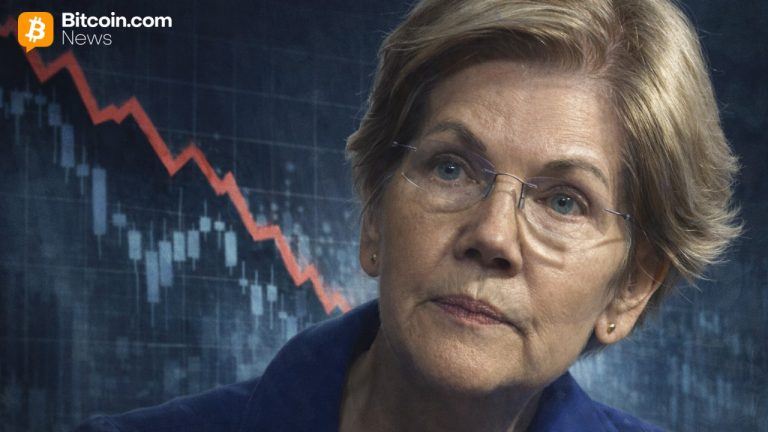

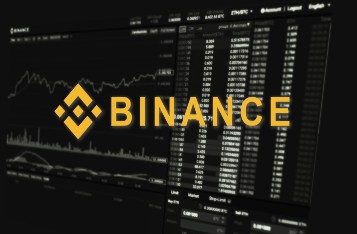
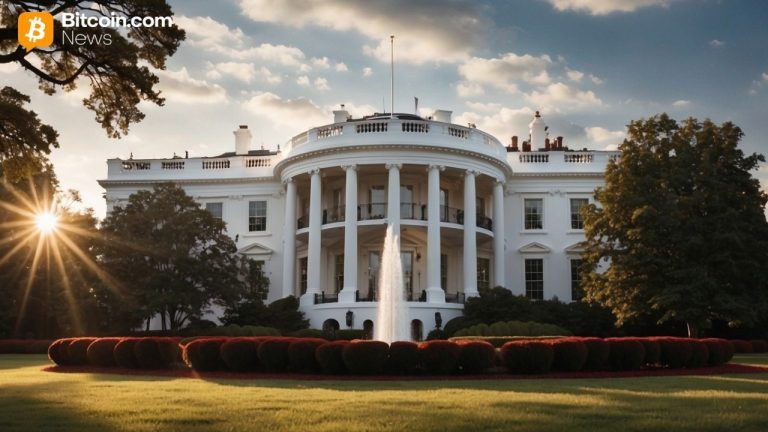






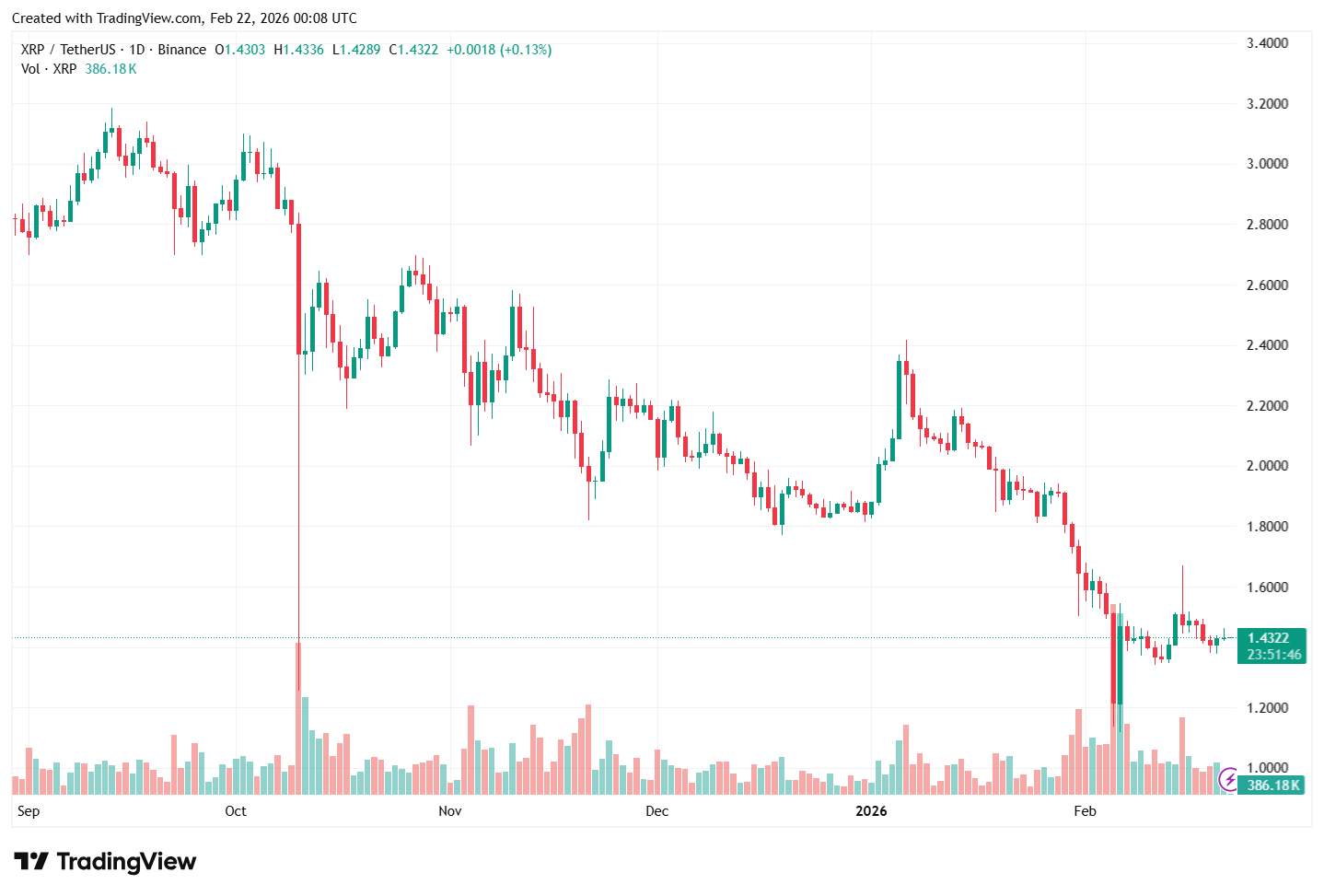

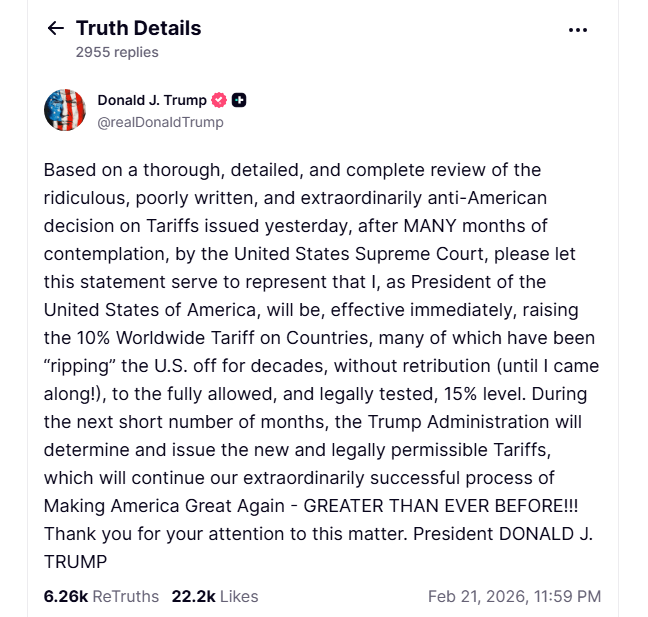


Comments